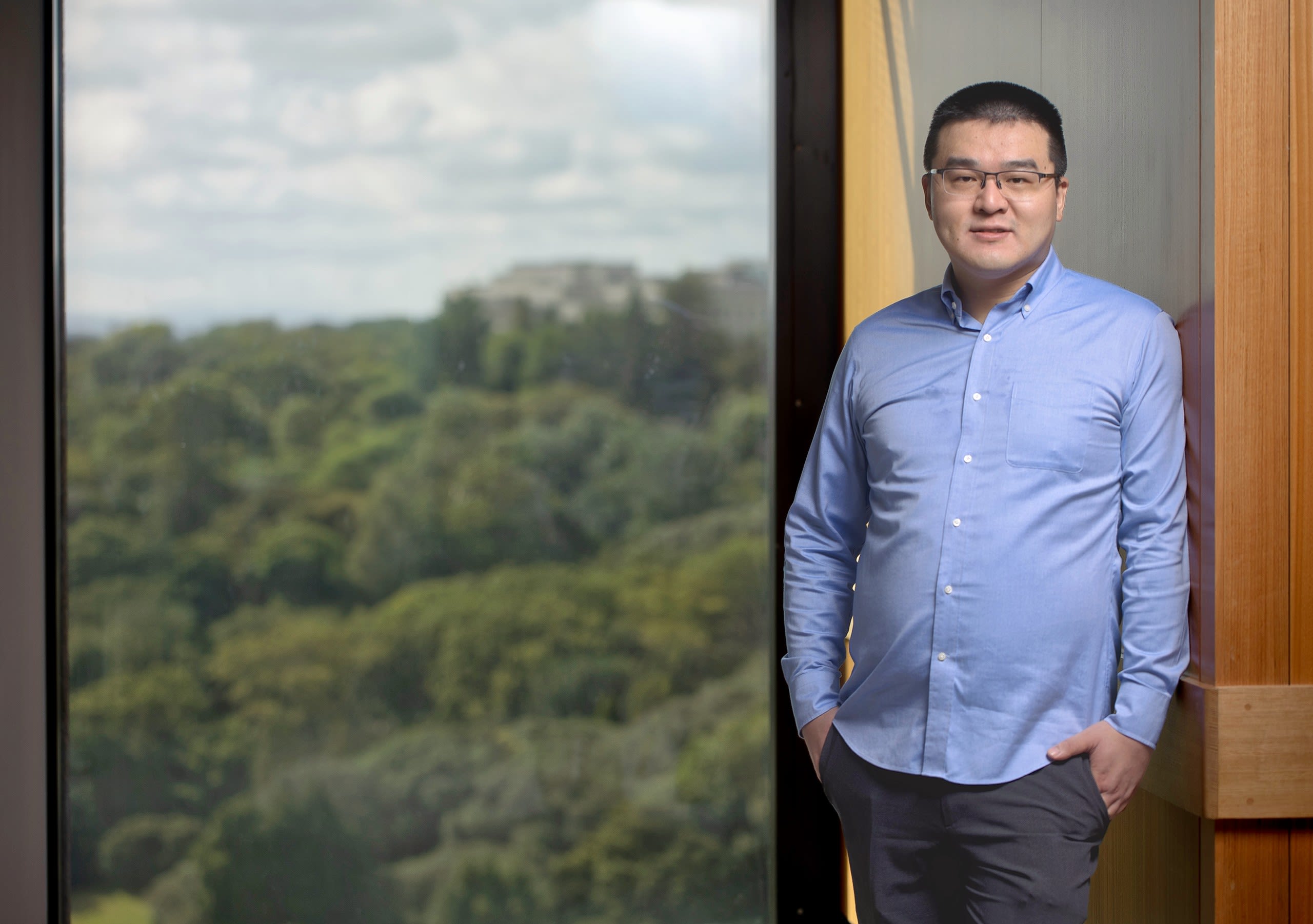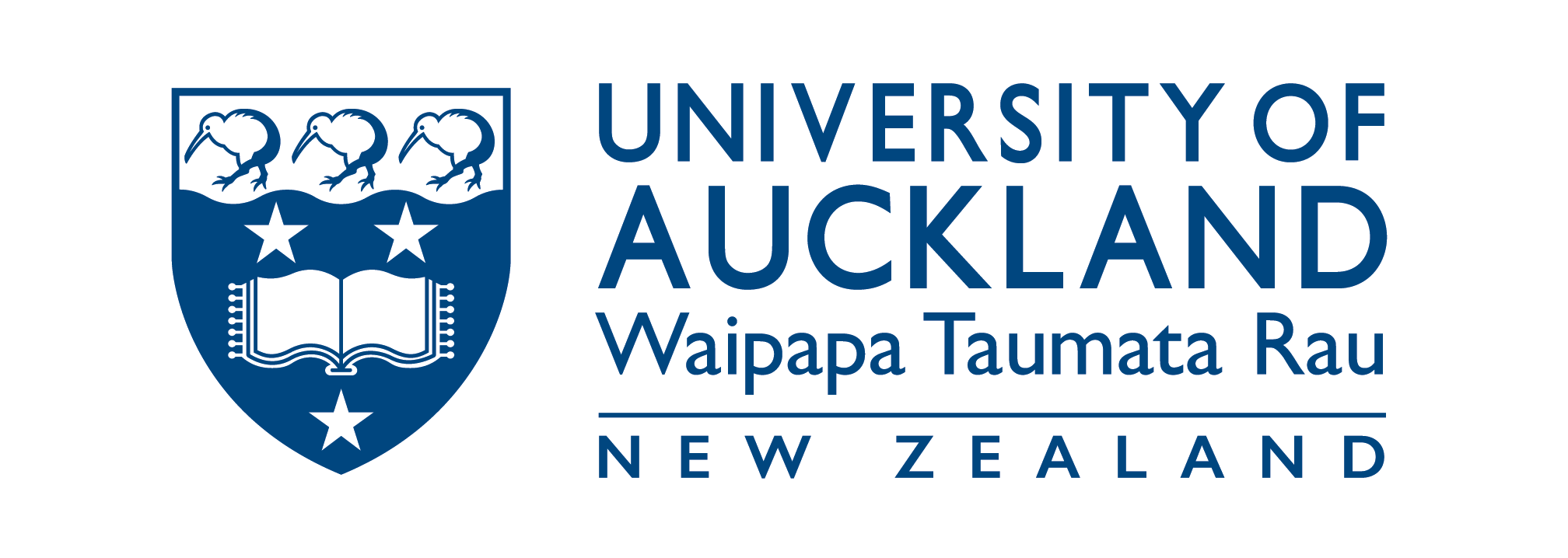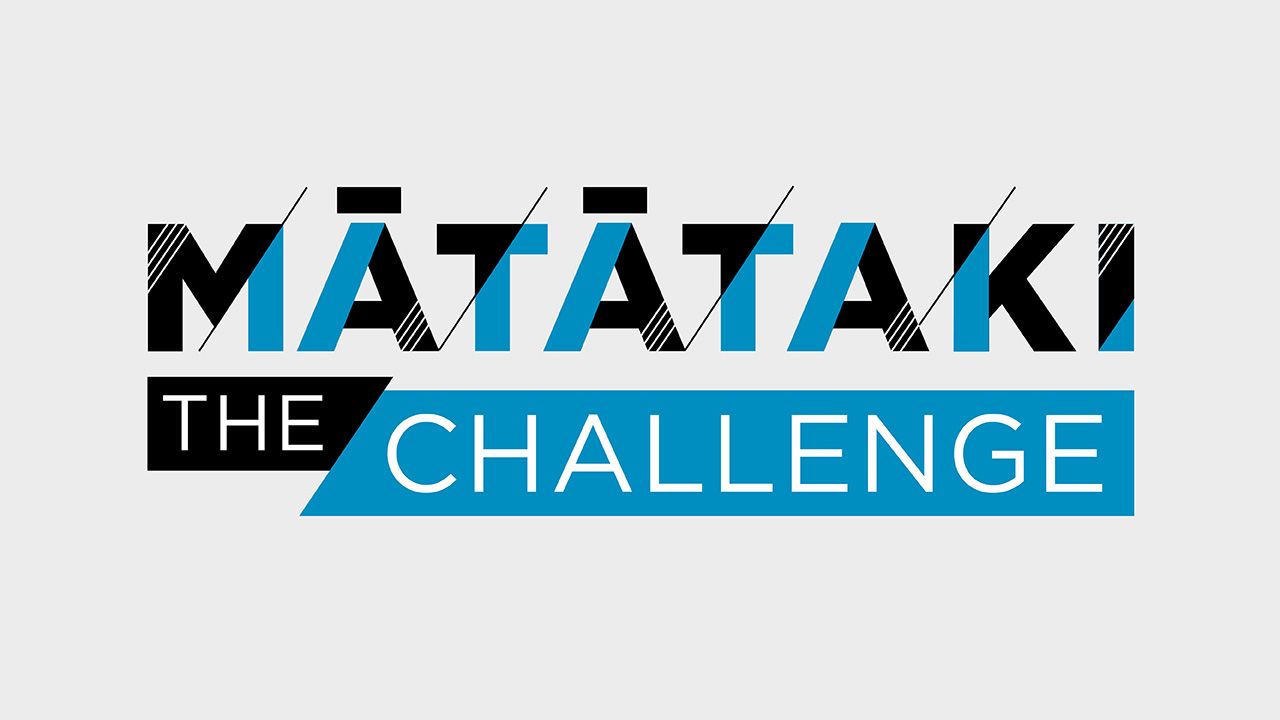Hīkina kia Tutuki
Rise to the challenge
Researchers with global impact 2025
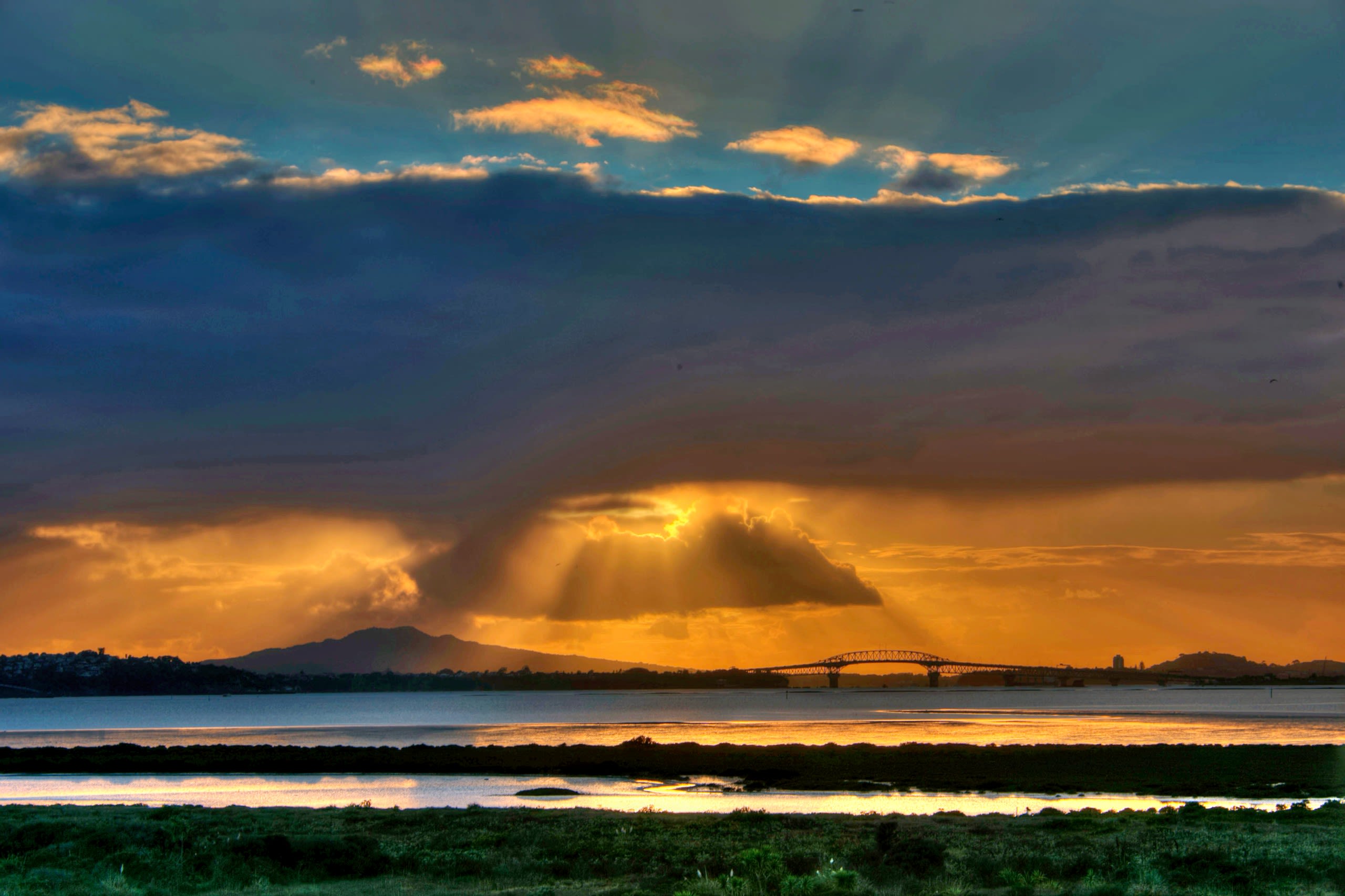
Waipapa Taumata Rau, University of Auckland is privileged to be New Zealand’s leading research-led university, achieving a place in the world’s top 100 universities. The University offers a critical mass and diversity of top minds, breadth across academic disciplines and state-of-the-art research facilities. Hīkina kia Tutaki, Rise to the Challenge, Researchers with global impact is the University's annual showcase of a small fraction of the world leading research underway.
Our role in the fight against tobacco
There is really good news. Quitting at 30 years of age increases life expectancy by a decade while quitting at 40 and 50 years of age increases expectancy by nine and six years, respectively. People who have had heart attacks who stop smoking reduce their risk of another attack by 50 percent.
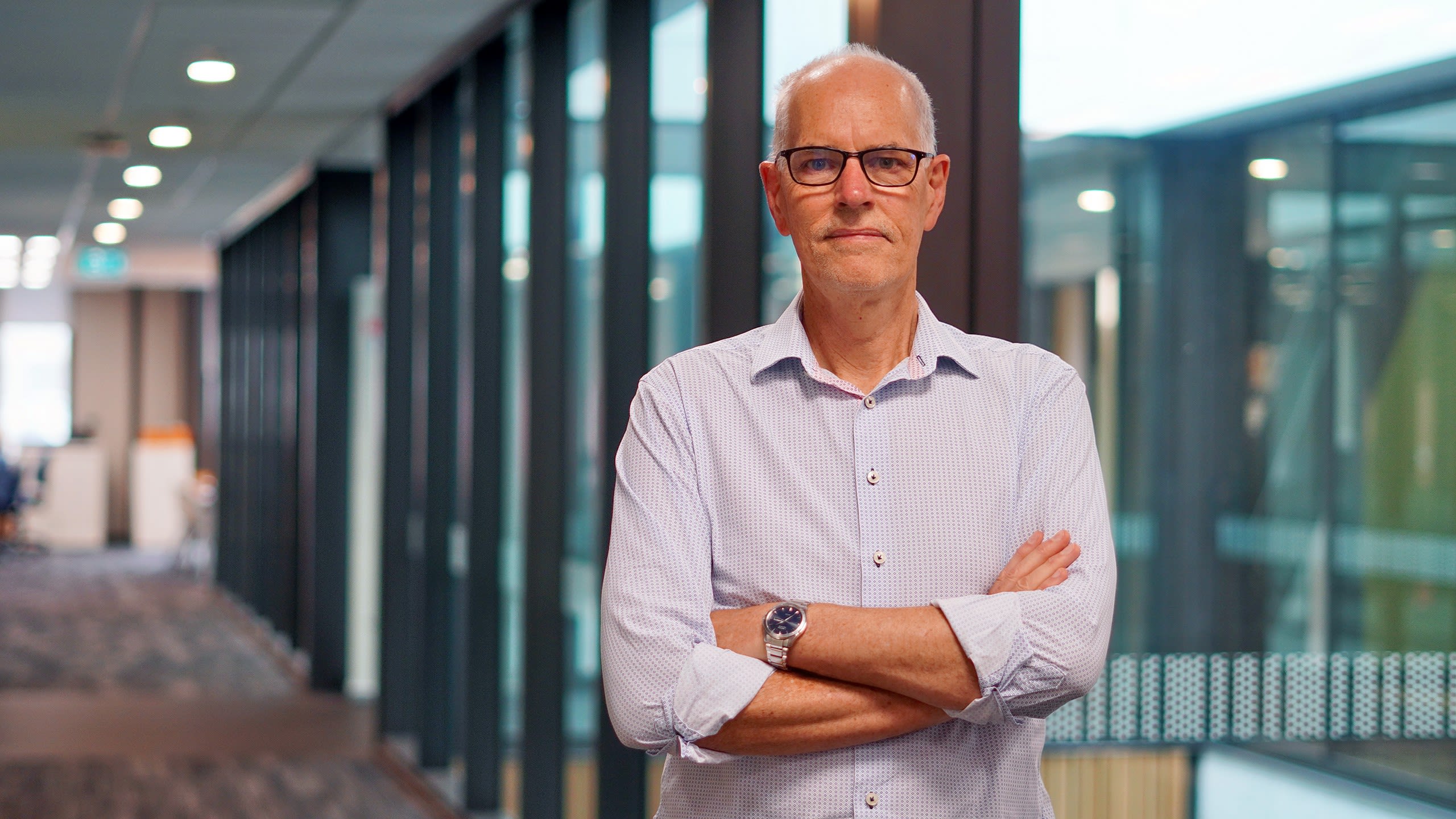
Evidence-based policy isn't only about the evidence
We have to remember that absence of evidence is not evidence of absence. My favourite quote on this comes from US President Donald Trump who in the days of Covid said, 'If we stop testing, we'd have fewer cases, if any.' He was right. But that might not be the best way to manage a pandemic.
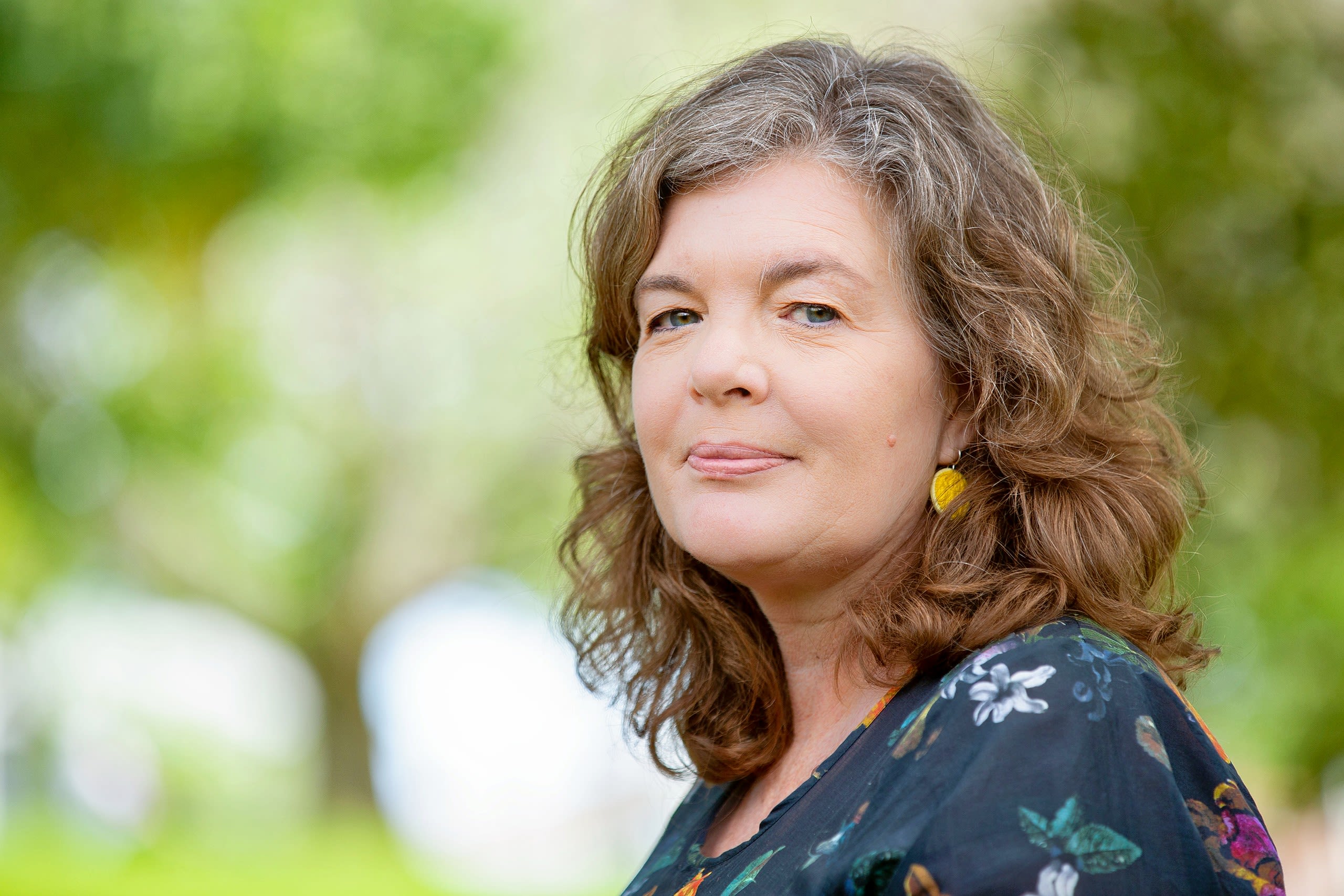
The essentials for a good old age
Our people in advanced age are not the overwhelming burden that we seem to be expecting from some portrayals in the media. In general, they are resilient and living in the community. They commonly make essential contributions to their society, families and whānau.
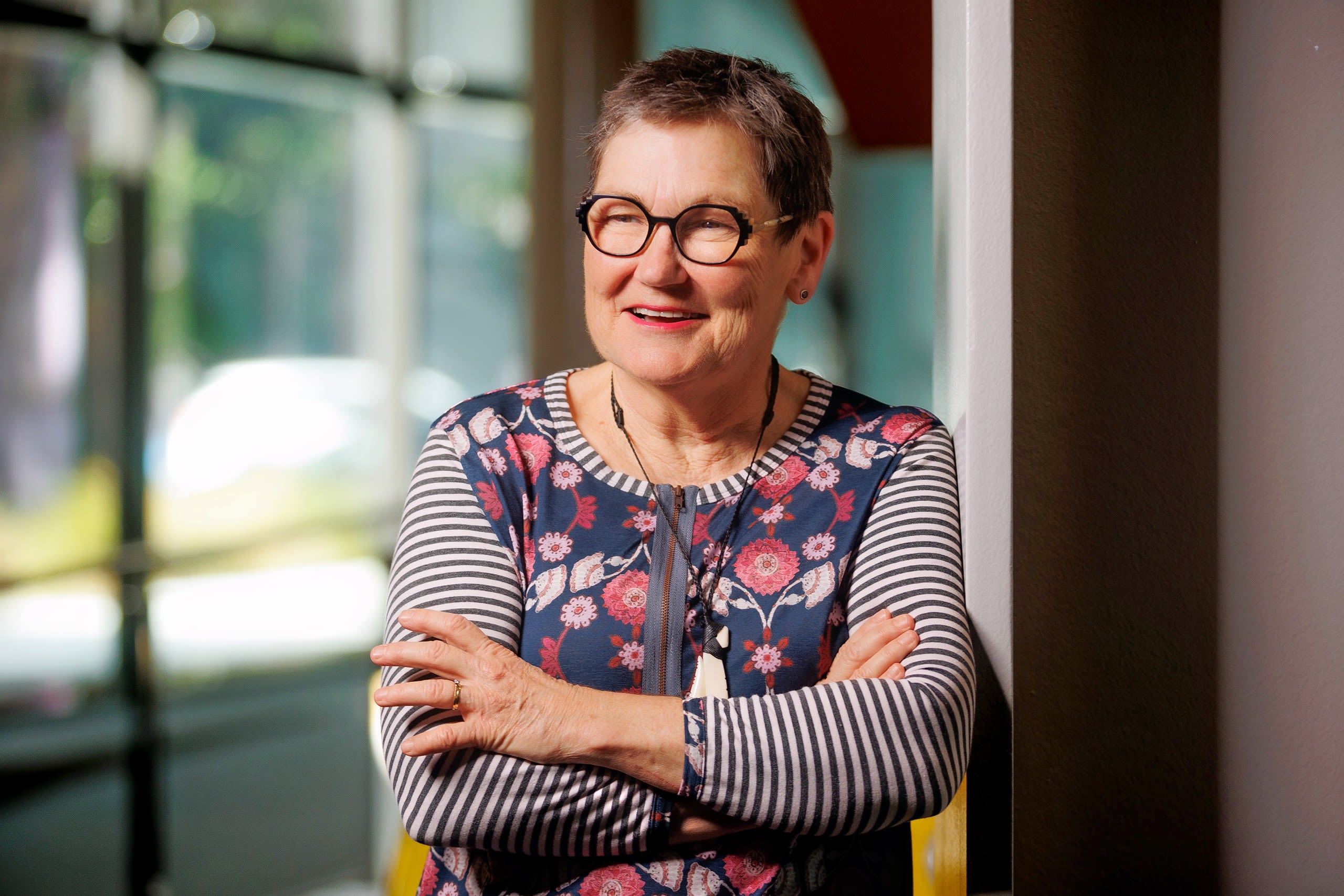
Growing a better heart valve
The big problem for children is that the valves are fitted to a small heart and as that child grows into an adult, that heart will grow. But the valve that's been put in will not. As a result, further operations are going to be needed. Our answer is to make a heart valve that will grow as the heart grows that will never be rejected.
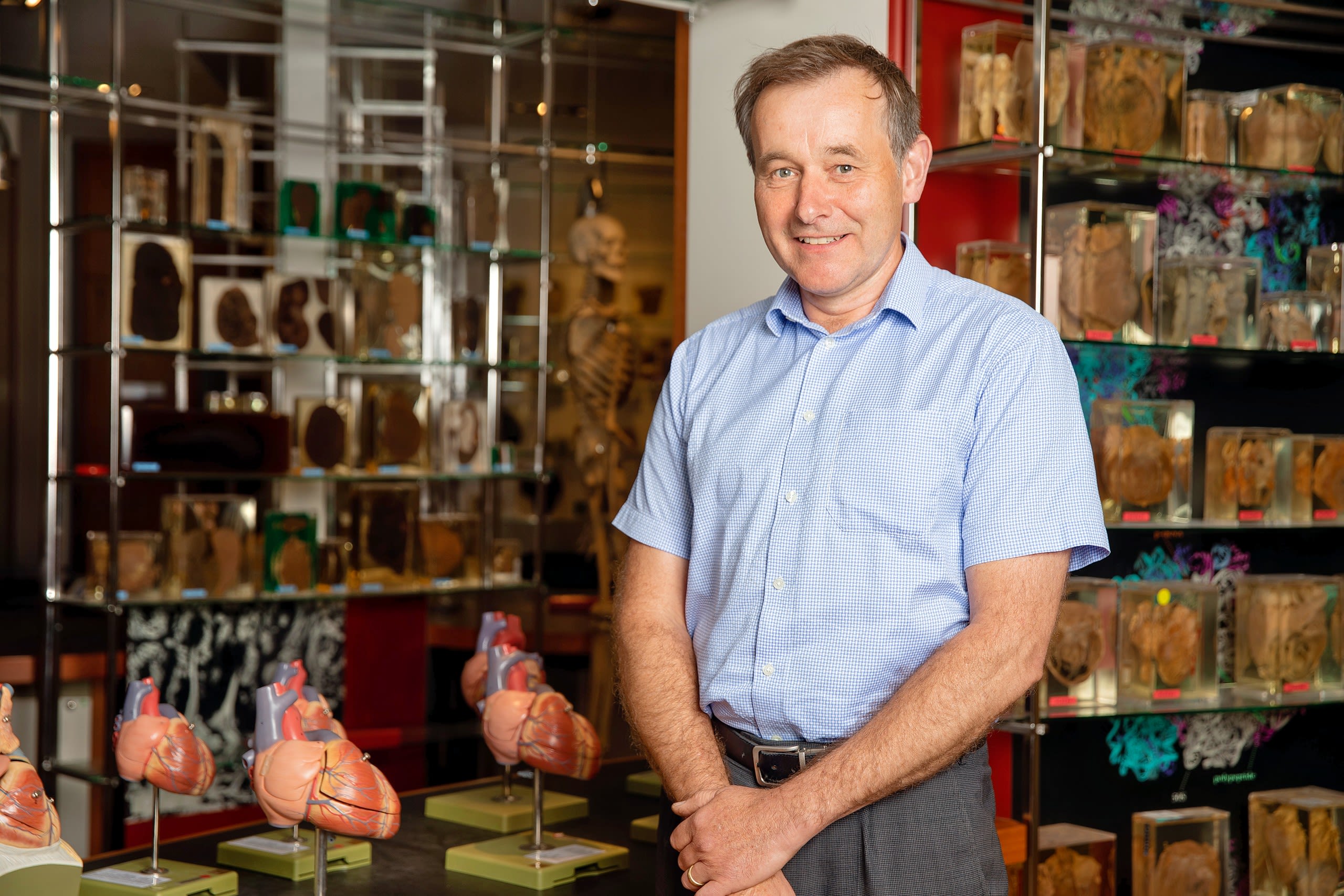
The power of great expectations
I found that teachers with high expectations for all their students lifted academic growth by more than two years in just one year. That large increase in performance was the same for all students, regardless of their socio-economic status, gender or ethnicity or where they started the year in terms of their achievement.
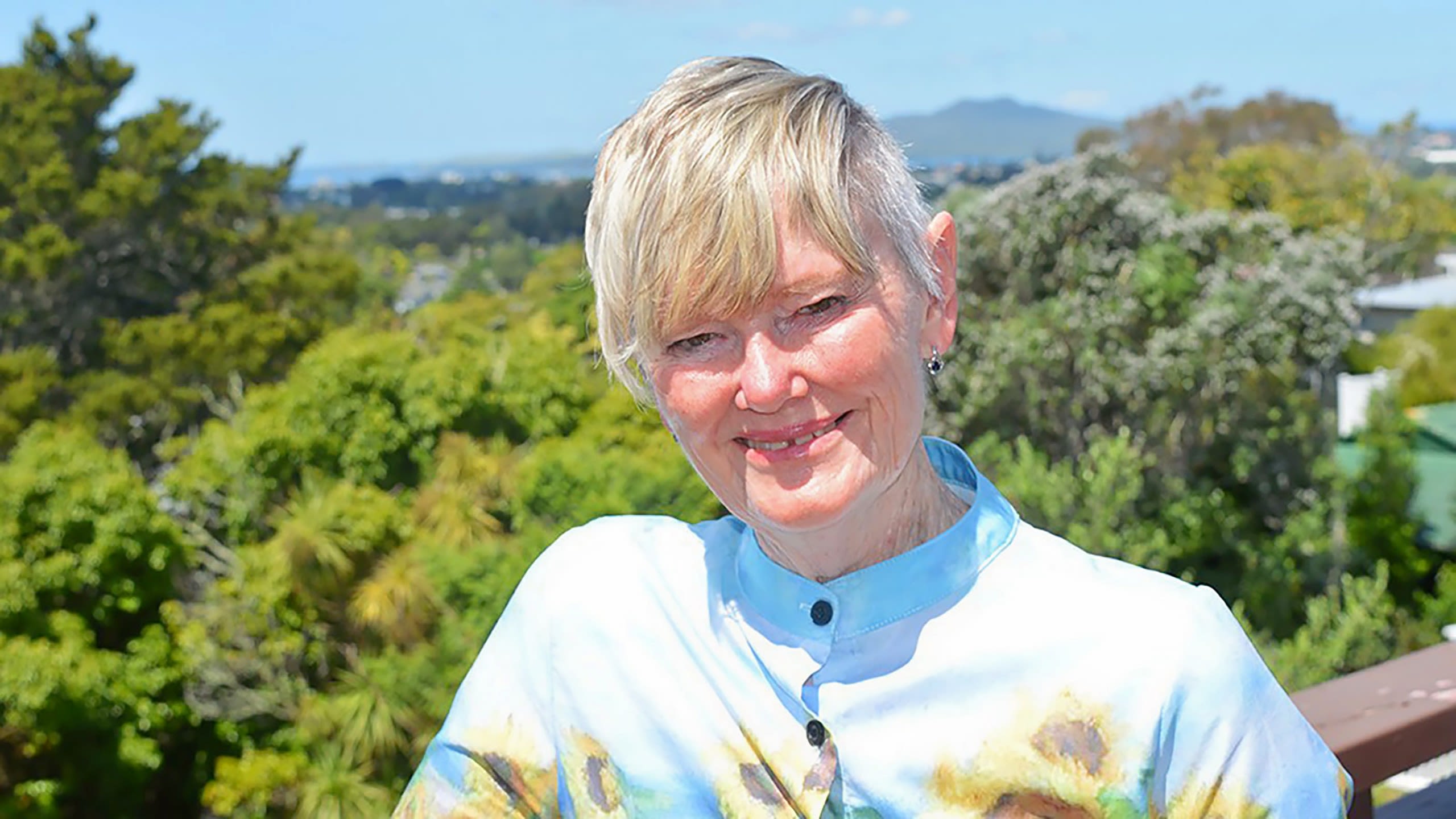
Liquefying electricity to build a renewable future
Using computational chemistry tools, we identified an outstanding catalyst capable of effectively converting carbon dioxide to formic acid which can be used as a fuel source. The breakthrough was published in the prestigious journal Nature.
